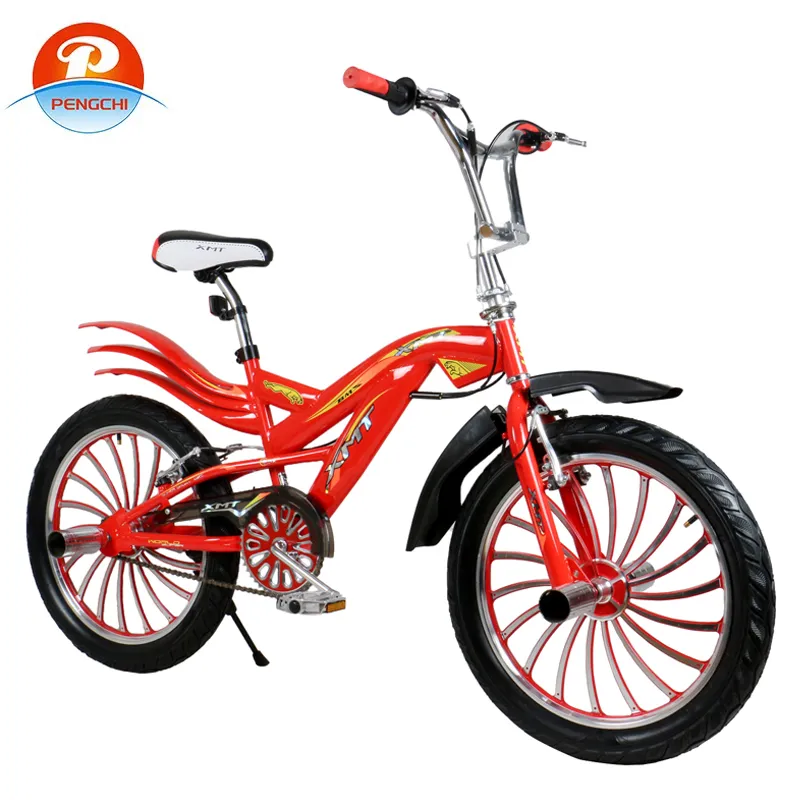
-
 Afrikaans
Afrikaans -
 Arabic
Arabic -
 Belarusian
Belarusian -
 Bengali
Bengali -
 Bulgarian
Bulgarian -
 Croatian
Croatian -
 Czech
Czech -
 Danish
Danish -
 Dutch
Dutch -
 English
English -
 Finnish
Finnish -
 French
French -
 German
German -
 Greek
Greek -
 hawaiian
hawaiian -
 Hebrew
Hebrew -
 Hindi
Hindi -
 Hungarian
Hungarian -
 Indonesian
Indonesian -
 irish
irish -
 Italian
Italian -
 Japanese
Japanese -
 Javanese
Javanese -
 kazakh
kazakh -
 Khmer
Khmer -
 Korean
Korean -
 Kyrgyz
Kyrgyz -
 Lao
Lao -
 Latin
Latin -
 Luxembourgish
Luxembourgish -
 Malay
Malay -
 Myanmar
Myanmar -
 Norwegian
Norwegian -
 Persian
Persian -
 Polish
Polish -
 Portuguese
Portuguese -
 Romanian
Romanian -
 Russian
Russian -
 Serbian
Serbian -
 Slovak
Slovak -
 Somali
Somali -
 Spanish
Spanish -
 Swedish
Swedish -
 Tagalog
Tagalog -
 Thai
Thai -
 Turkish
Turkish -
 Turkmen
Turkmen -
 Ukrainian
Ukrainian -
 Uighur
Uighur -
 Vietnamese
Vietnamese
loka . 14, 2024 12:50 Back to list
folding bike design
Folding Bike Design Innovation Meets Functionality
In recent years, urban mobility has become an increasingly pressing issue, with cities grappling with traffic congestion, pollution, and the push for more sustainable transportation solutions. Among the various options available, folding bikes have emerged as a popular choice for commuters and leisure cyclists alike. The design of folding bikes is not just about compactness; it encapsulates innovation, functionality, and a commitment to sustainability.
At the heart of folding bike design is the concept of portability. Conventional bicycles are often cumbersome, making them impractical for many urban environments, especially where space is limited. Folding bikes address this by incorporating hinges and mechanisms that allow the frames to collapse into a compact size. This unique feature enables cyclists to carry their bikes onto public transport, store them in small apartments, or tuck them away at work. The evolution of materials such as aluminum alloys and carbon fiber has further facilitated this innovation, providing lightweight yet durable frames that enhance portability without sacrificing performance.
The folding mechanism itself is a critical element of the design. Different manufacturers have developed various strategies for achieving a compact fold. Some opt for a mid-fold design where the bike folds in half, while others may utilize a triangle design that allows for an even more compact configuration. Each approach comes with its own set of advantages and disadvantages, affecting the bike’s weight distribution, stability, and ease of use. A well-designed folding mechanism ensures that the bike can be quickly and easily folded or unfolded, making it user-friendly for individuals of all ages.
In addition to portability, folding bike design heavily emphasizes rider comfort and performance. Modern folding bikes are not just diminutive versions of traditional bikes; they incorporate advanced technologies and features that enhance the riding experience. Many are designed with adjustable handlebars and seats, allowing riders to optimize their posture and comfort. Moreover, the integration of high-quality components—such as smooth-rolling tires, efficient gear systems, and responsive braking mechanisms—ensures that these bikes can handle various terrains, from city streets to light gravel paths.
folding bike design

Sustainability has become a cornerstone of contemporary bike design, and folding bikes are no exception. As the world moves toward greener travel options, the lightweight and compact nature of folding bikes allows for reduced emissions, not only from the bikes themselves but also from the vehicles that may otherwise be required for short trips. By choosing a folding bike over a car for commuting or running errands, individuals can significantly decrease their carbon footprints. Furthermore, the longevity of well-made folding bikes means that they make for an excellent investment, further promoting sustainability through reduced waste.
Another noteworthy aspect of folding bike design is customization. Many manufacturers offer a range of accessories and enhancements that allow riders to personalize their bikes according to their specific needs. From racks and fenders to rechargeable lighting systems and even electric assistance kits, the ability to modify and upgrade folding bikes makes them an appealing option for many consumers. This versatility opens the door for a broader demographic to engage with cycling, from everyday commuters to casual weekend riders.
Despite the many advantages, folding bikes do come with their own set of challenges. For instance, some models may compromise on gear ratios or wheel size to ensure a compact design, which can impact performance and speed. Additionally, riders may need to adjust to the unique handling characteristics of a folding bike, which can differ from traditional models. However, as design technology continues to advance, manufacturers are continuously pushing the envelope to address these challenges, creating folding bikes that rival their full-sized counterparts in performance.
In conclusion, folding bike design represents a remarkable intersection of innovation, practicality, and sustainability. These bikes offer a practical solution to urban mobility challenges, making cycling accessible and convenient for a diverse range of users. As cities continue to evolve and the emphasis on sustainable living grows stronger, the importance of good design in folding bikes will only increase, paving the way for a greener, healthier future in urban transportation. Whether for commuting, recreation, or leisure, folding bikes not only meet the needs of a fast-paced world but also encourage a healthier lifestyle, embodying the spirit of modern mobility.
-
Red Black BMX Bike with GPT-4-Turbo AI Tech
NewsJul.31,2025
-
New Red Anti-theft E-Bike | Easy Ride City Commuter
NewsJul.31,2025
-
BMX 20 Inch Bikes for Freestyle & Street | Fat Tire Options Available
NewsJul.30,2025
-
322 High Quality 26 Inch 21 Speed Adult Mountain Bike OEM MTB
NewsJul.29,2025
-
Specialized Kids Mountain Bikes - Safe, Durable & Fun Riding Experience
NewsJul.29,2025
-
Little Kids Mountain Bike - Lightweight Bikes for Young Riders
NewsJul.29,2025

